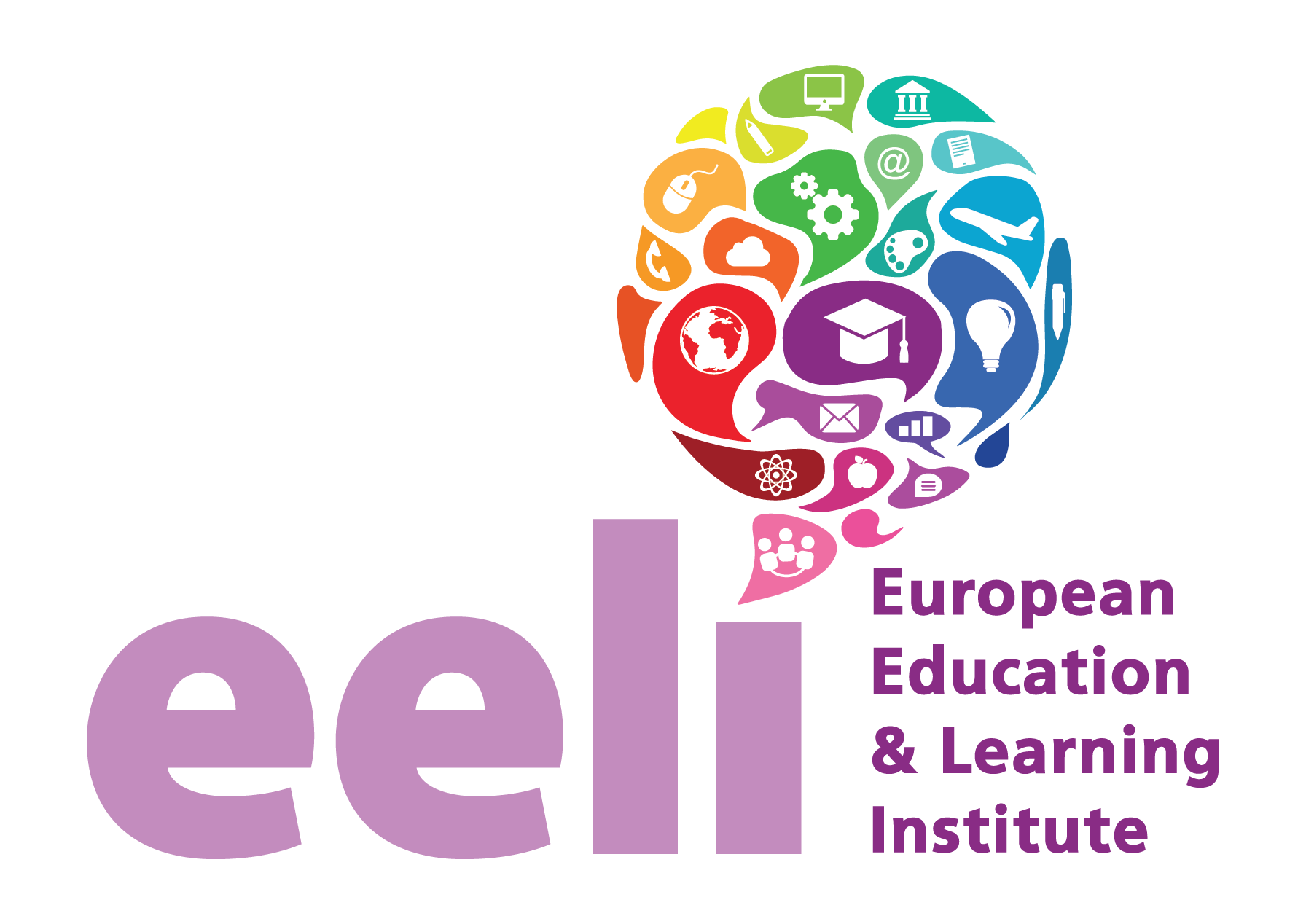Getting to know the educational systems of the EU through the European project LECOLE

As part of the Erasmus+ KA2 programme “Learners as Co-creators of their own Learning”, EELI travelled to Latvia, together with teachers and officials from the Ministry of Education of Portugal, as well as educators from the University of Helsinki. A key pillar of the programme is the exchange of practices and getting to know the educational systems of the cooperating countries. For this purpose, we visited schools and educational institutions in Latvia. It was a unique experience of getting to know the way schools and educational institutions work in the country. We also saw practices that we would like to implement in our own country as well.
The goal of LeCoLe project was to explore the experience and best practice of partner countries in supporting active engagement of learners (both students and teachers) in planning, implementation and evaluation of the learning process at school and beyond in order for them to become co-creators of their own learning within collaborative learning process.
The diversity and complexity of students, fast pace of life, constant changes and huge amount of information place increasing demands on the teachers in order to provide effective pedagogy and instruction, validate and incorporate students’ knowledge and experience in the learning process, and thus create inclusive, healthy, welcoming, productive, collaborative, ‘making mistakes is ok’ climate in the classroom. To meet these demands teachers have to adopt new professional practices, skills and competences, as well as revisit their mindsets as personalities, professionals and citizens. At the same time learners have to assume more responsibility for their own learning, be more skillful and vocal in presenting their ideas. Both teachers and students have to improve their ability and motivation to collaborate in making the choices in terms of what, when and how to include in the teaching-learning process. Contemporary students are characterized by being autonomous, independent and self-confident, but at the same time, they often lack collaboration and self-expression skills. The majority of schools still offer mostly traditional teaching where all students have the same tasks and work individually according to the teacher’s prescriptions. In order to make learning more effective, interesting and appealing to the learner we have to find answers to the questions “How to make students motivated and interested in what is happening in the classroom? How to incorporate students’ knowledge and skills in the learning process? How to promote student engagement and desire to be responsible for their own learning? What is the teachers’ role and what competences and characteristics should they possess in order to promote students’ and their own learning? How to connect learning in the classroom with the outside world – events and processes in local community and globally? How to move towards more meaningful and purposeful learning?”
To reach this goal, the consortium produced a digital archive on co-creation in teaching-learning process in and outside the classroom and included podcasts, accompanied by an instructional toolkit. The podcast series aim at raising educators’ awareness, increasing their knowledge and deepening their understanding of multiple modes of instruction and learning that support active engagement of learners in the learning process and different contexts.
All podcasts are available in partners’ languages and in English, and are published both on spotify.com and youtube.com.
Our topics are the following:
a. Designing co-created projects in post-primary education
b. Co-creation in Primary Education
c. How Educational Technologies can Support Co-creation
d. Interdisciplinarity for Co-creation in schools
e. Promoting Students’ Civic Engagement in Teaching-Learning process
f. Self-led Learning and Co-creation
g. Using Cultural Experiences as a Resource in the Study Process
Click on the links below and have a listen!
https://open.spotify.com/show/3i7gaXoxnGm7fF9JLBsrp6
https://www.youtube.com/@projectlecole
Find here the Desk research for the context mapping in partner countries and complementary materials to podcasts: https://lecole.hi.is/complementary-material/
